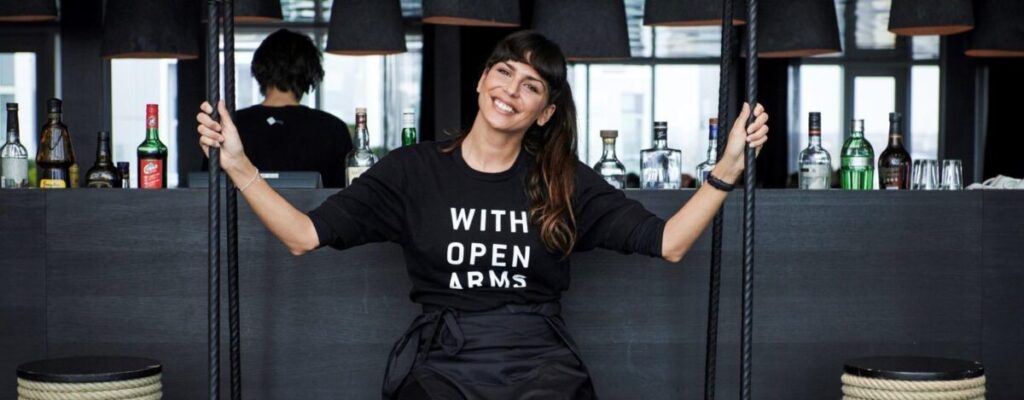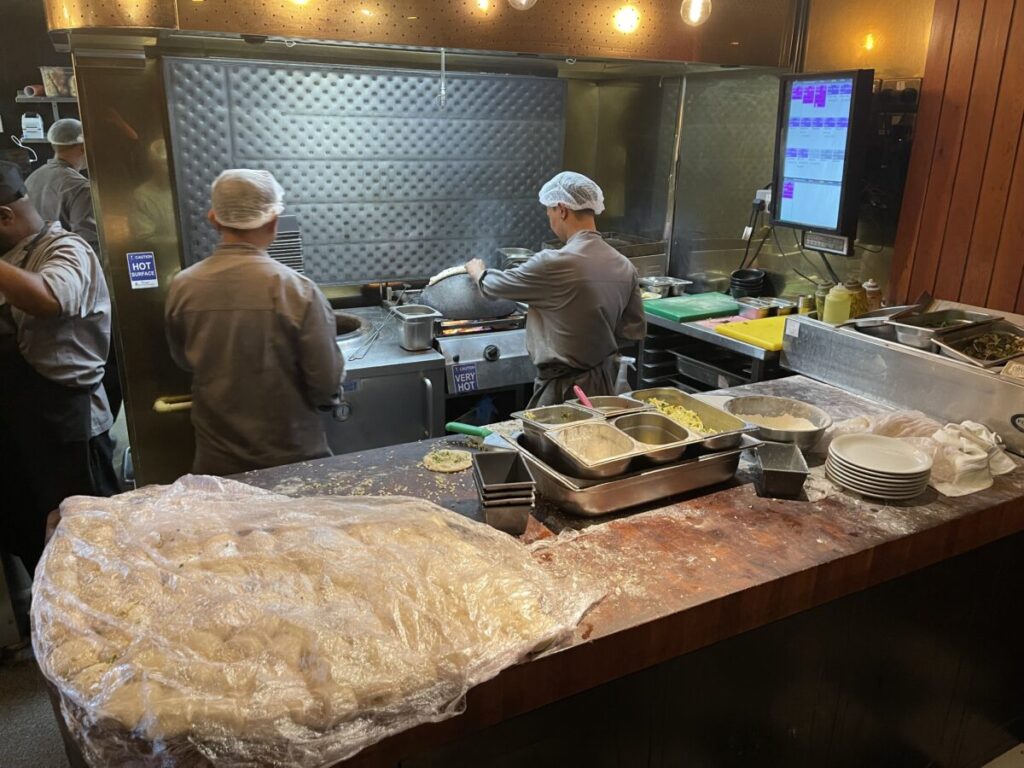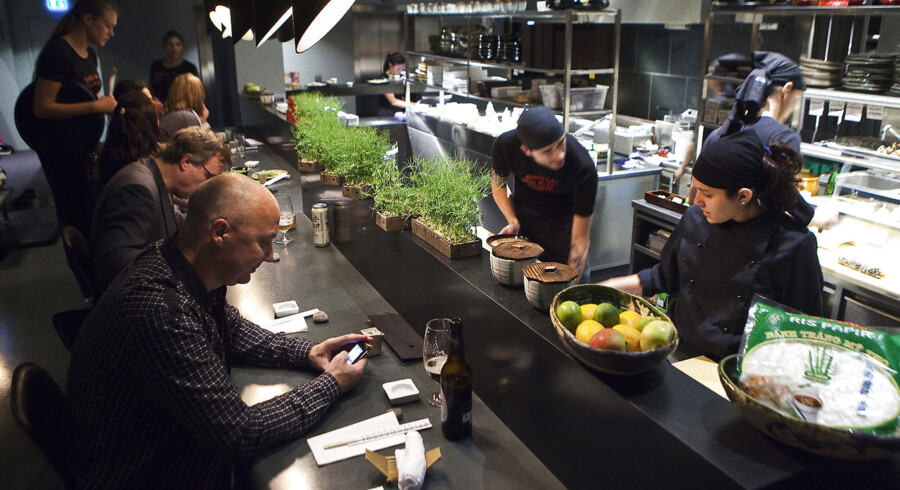In the dynamic world of the F&B and hospitality industry, the battle for success hinges on a harmonious interplay of culinary artistry, impeccable service, and a welcoming ambiance. Yet, an Achilles’ heel continues to persistently haunt this otherwise thriving sector – staffing issues. While recent pandemics have exacerbated the problem, the root cause lies in the industry’s historic negligence of its most vital asset: the employees.
The Human Touch in Hospitality
At the heart of every restaurant operation are the individuals who bring its essence to life: owners who ideate concepts, the chefs who craft delectable creations, the servers who ensure flawless service, and the hosts who create an inviting environment. However, the industry’s relentless pursuit of profits and customer satisfaction has often overshadowed the importance of nurturing these dedicated professionals.

Long Hours and Burnout
One glaring issue stemming from this neglect is the prevalence of long working hours. The ‘always-on’ culture in many restaurants has become so ingrained that extended shifts are often worn as a badge of honor. This not only infringes upon employees’ work-life balance but also exposes them to burnout – a state that corrodes not only their physical and mental health but also their overall job satisfaction.
Inadequate Compensation and Recognition
Culinary excellence and exceptional service are the cornerstones of any restaurant, yet employees are frequently undervalued when it comes to compensation and that’s been a homemade problem for years. Many restaurant workers face low wages, often relying on tips to bridge the gap and these incomes are declining because of a behavioral change in guests and means of payment. Moreover, a lack of comprehensive benefits further compounds the problem, leaving employees financially vulnerable and dissatisfied.

Recognition and appreciation are equally essential. The absence of transparent career growth paths, personal skill development, and tangible acknowledgment for hard work and dedication can lead to disillusionment among employees, stifling their motivation to excel.
Leadership Shortcomings
Unfortunately, leadership in the industry often prioritizes economics and the bottom line over people skills and employee development, owing to a lack of empathy and experience with people. High turnover rates of over 100% per year are not the exception anymore. It has become the norm, and countless restaurants struggle to connect with their guests due to this neglect. But there are better ways. Look at concepts like the London Dishoom, Danish Sticks’n’Sushi, or the German L’Osteria. They run against the trend. Starbucks, after reducing training for bottom-line gain, has realized that the cost of rehiring and retraining is subsequently more harmful than giving their teams more attention and eventually keeping them longer in their ranks.

Neglecting Work-Life Balance
The pulsating nature of the restaurant industry, characterized by peak hours during evenings and weekends, often collides with employees’ desire for a stable work-life balance, leading to erosion of enthusiasm and commitment. As an entrepreneur that might not mean much since companies are not built on work-life balance, but employees are not owners, they need to make a living to have a life and that cannot be broadly ignored.


Creating a Virtuous Cycle
Addressing the staffing conundrum necessitates a paradigm shift – one that centers around the well-being, growth, and job satisfaction of employees. Here are actionable steps that the restaurant industry can take to reverse the trend:
Fair Compensation and Benefits: Restaurants must commit to offering competitive wages, benefits packages, and transparent tipping policies to provide employees with financial security.
Structured Career Paths: Establishing clear career progression routes will motivate employees to invest in their growth within the organization, fostering loyalty and dedication.
Flexible Scheduling: Implementing flexible scheduling practices that balance operational demands with employees’ personal lives can boost overall morale.
Recognition, Training, and Personal Skill Development: Regularly recognizing employees’ achievements and investing in their training enhances their skills and communicates that their contributions are valued.
Empathetic Leadership: Cultivating a culture of empathy among restaurant leadership fosters an environment where employees’ needs and concerns are genuinely considered.
The Path Forward
The restaurant industry stands at a crossroads where addressing its staffing challenges necessitates embracing a holistic approach. By acknowledging and prioritizing the needs and interests of its employees, the industry can transform its labor force from a transient one to a committed, passionate, and thriving community. This journey toward a more employee-centric approach will undoubtedly yield rewards not only for the staff but also for the establishments themselves – ensuring a recipe for sustained success in the ever-evolving culinary landscape.

Will Odwarka
Will Odwarka is the Founder and CEO of Dubai-based firm Heartatwork Hospitality Consulting since 2019. He was born and raised in Vienna, Austria. He has 30+ years of experience leading international strategic growth and development, Franchise and partner management, and F&B operations. He successfully opened over 1000+ outlets in over 40 countries for renowned global players such as McDonald’s, Starbucks, Burger King, Costa, and Wendy’s and smaller players like Creamscafe and Coffeeshopcompany. He strongly focuses on international market entry for F&B players, brand and investor scouting, and AI in hospitality in the Middle East and Europe. Will Odwarka is a guest lecturer at the Academy of Hospitality in Dubai and trainer at the Gregory Vogt School for retail professionals in Dubai. Furthermore, he is a Co-Owner/Operator of Mozart-Hospitality Management, overseeing the operation and development of new food concepts.






